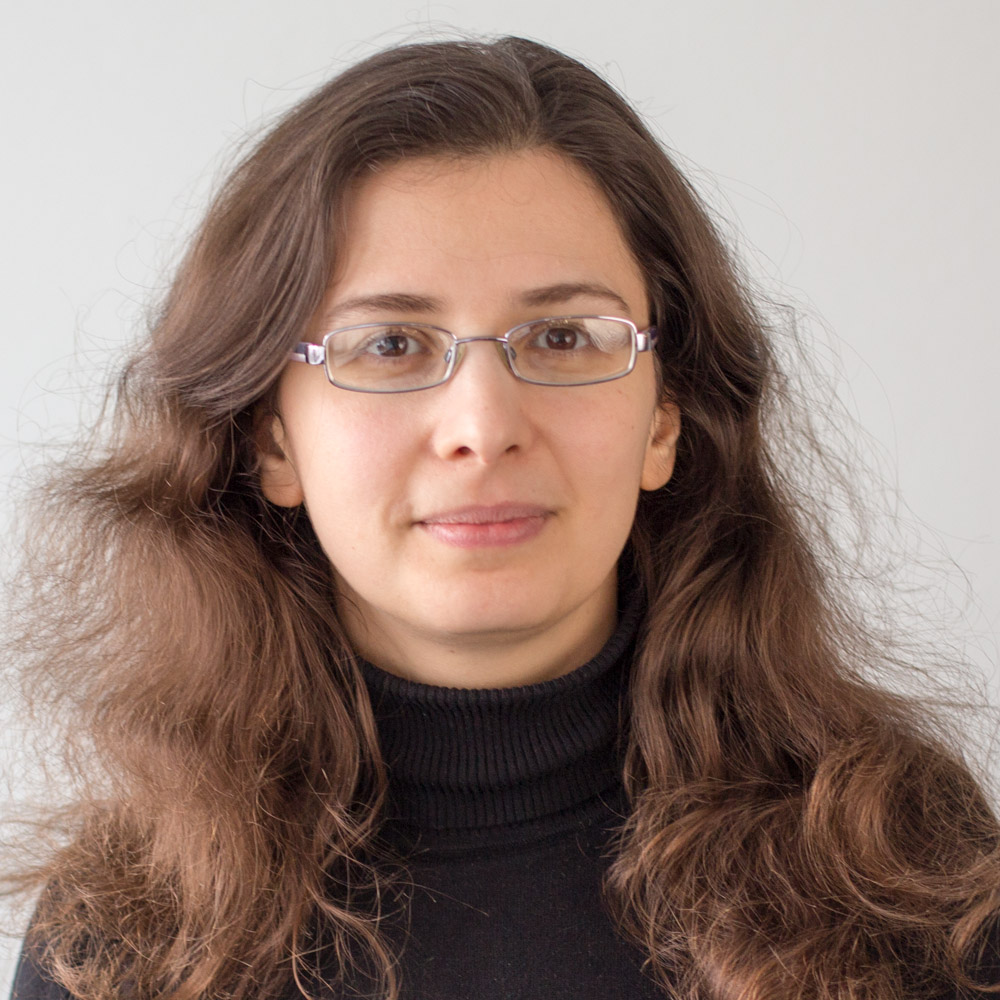Celebrating innovation in GIS
Beginning in 2021, GISRUK launched a series of international seminars celebrating innovation in Geographical Information Science. If you would like to hear about up-coming seminars, please sign up to the GISRUK mailing list. In January 2023 the Royal Geographical Society (RGS) and GISRUK joined their seminar series to form the RGS GISRUK GIScience Webinar series. The Webinar series is co-chaired by Peter Mooney (Maynooth University, Ireland) and Stefano De Sabbata (University of Leicester, UK).
Dr Filip Biljecki, National University of Singapore, Singapore

September 2022 14:00 – 15:00
Crowdsourced street view imagery and urban form
We are delighted to announce that Dr Filip Biljecki, Assistant Professor, Department of Architecture, College of Design and Engineering, National University of Singapore will deliver the 4th GISRUK Online Seminar series lecture on “Crowdsourced street view imagery and urban form”.
The talk will overview recent research activities of the NUS Urban Analytics Lab, a research group that explores the interface of emerging urban data sources, crowdsourcing, and AI techniques such as computer vision. The Lab is spearheading research lines such as new means to generate and analyse high resolution data of the urban form, and developing novel instruments to assess and support urban sustainability. The talk will largely focus on latest developments in crowdsourcing street view imagery and data to characterise the urban form.
Dr Máiread de Róiste, Victoria University of Wellington, New Zealand

March 2022
Thinking About Space in Virtual Reality
Covid disruption to socialising, working and travel over the last two years have meant a reconsideration of travel to physical spaces. Visiting locations plays an important part in the sense of place and creation of identity.
Changing technologies and lower costs make virtual reality (VR) technology more accessible. Immersive environments allow users to visit physical locations that may otherwise be restricted. Geographic applications that try to faithfully recreate the natural environment face distinct challenges. The impact on sense of place and spatial reconstruction based on VR is worth exploring. Geography can be bent, twisted or even folded.
This talk will explore through examples, some of the geographic considerations in VR apps with a particular focus on the ongoing development of whakapapa-a-ranga, an application co-designed with Ngāti Kahungunu ki Wairarapa – an indigenous Māori iwi (tribe) in Aotearoa New Zealand.
Dr Song Gao, Geospatial Data Science Lab, University of Wisconsin-Madison, USA

November 2021
GeoAI for Human Mobility and Location Privacy Protection
We have witnessed recent advances in Geospatial Artificial Intelligence (GeoAI), which is the integration of geospatial technologies and AI, especially using machine learning and deep learning methods for geographic knowledge discovery and beyond.
The increasing location-based services have generated large-scale individual-level trajectory data through mobile phone tracking, wearable sensors, GPS devices, and social media. Those trajectory big data provide new opportunities to study multiscale human mobility patterns and human-place interactions. It also introduces grand challenges regarding the protection of geoprivacy and broader implications.
In this talk, Dr. Gao will present his research group’s latest research efforts on human mobility analytics and protecting user location privacy using various GeoAI approaches (e.g., using recurrent neural networks, generative adversarial networks, and graph convolutional networks).
Prof. Elena Demidova, The University of Bonn

March 2021
Semantic geographic knowledge on a world scale – interlinking OpenStreetMap and knowledge graphs
OpenStreetMap (OSM) is a rich source of openly available volunteered geographic information on a world scale. However, representations of geographic entities in OSM are highly diverse and incomplete. Knowledge graphs (i.e. graph-based knowledge repositories) such as Wikidata, EventKG, and DBpedia are a rich source of contextual semantic information about geographic entities.
For example, Wikidata contains over six million geographic entities, including locations, points of interest, mountain peaks, etc. Whereas knowledge graphs provide a wide range of complementary semantic information for geographic entities, interlinking between knowledge graphs and OSM is insufficient with the links mainly manually defined by volunteers.
This lecture will introduce emerging approaches that address tighter integration of OSM and knowledge graphs; it gives particular attention to link discovery and semantic enrichment of OSM datasets.